Computational Thinking
Filter by
SubjectRequired *
LanguageRequired *
The language used throughout the course, in both instruction and assessments.
Learning ProductRequired *
LevelRequired *
DurationRequired *
SubtitlesRequired *
EducatorRequired *
Explore the Computational Thinking Course Catalog
 Status: NewNewStatus: Free TrialFree Trial
Status: NewNewStatus: Free TrialFree TrialSkills you'll gain: Data Structures, Python Programming, Algorithms, Data Manipulation, Computational Thinking, Programming Principles, Data Processing, Data Dictionary, Computer Programming
Mixed · Course · 1 - 4 Weeks
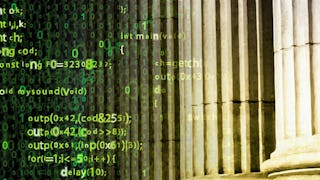 Status: Free TrialFree TrialR
Status: Free TrialFree TrialRRice University
Skills you'll gain: Computational Thinking, Event-Driven Programming, Algorithms, Combinatorics, Graph Theory, Programming Principles, Application Development, Object Oriented Programming (OOP), Data Structures, Probability, Computer Programming, Bioinformatics, Interactive Design, Program Development, Big Data, Python Programming, Data Analysis, User Interface (UI), Theoretical Computer Science, Computer Science
4.8·Rating, 4.8 out of 5 stars4.1K reviewsBeginner · Specialization · 3 - 6 Months
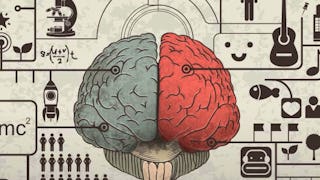 Status: Free TrialFree TrialU
Status: Free TrialFree TrialUUniversidad de Palermo
Skills you'll gain: Student-Centred Learning, Psychology, Human Learning, Learning Theory, Creativity, Human Development, Behavior Management, Neurology, Formal Learning, Self-Awareness, Applied Behavior Analysis, Education and Training, Student Engagement, Culture, Molecular Biology, Language Disorders, Anatomy, Cognitive Behavioral Therapy, Computational Thinking, Systems Thinking
4.8·Rating, 4.8 out of 5 stars1.3K reviewsBeginner · Specialization · 3 - 6 Months
 Status: Free TrialFree TrialU
Status: Free TrialFree TrialUUniversity of California San Diego
Skills you'll gain: Graph Theory, Logical Reasoning, Cryptographic Protocols, Combinatorics, Computational Logic, Deductive Reasoning, Cryptography, Probability, Key Management, Computational Thinking, Encryption, Probability Distribution, Network Analysis, Public Key Cryptography Standards (PKCS), Theoretical Computer Science, Bayesian Statistics, Python Programming, Data Structures, Algorithms, Arithmetic
4.5·Rating, 4.5 out of 5 stars3.7K reviewsBeginner · Specialization · 3 - 6 Months
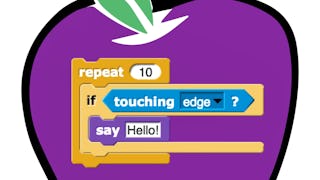 Status: Free TrialFree TrialU
Status: Free TrialFree TrialUUniversity of California San Diego
Skills you'll gain: Computational Thinking, Debugging, Programming Principles, Technical Communication, Computer Programming, Event-Driven Programming, Program Development, Data Structures, Algorithms, Student Engagement, Graphical Tools
Beginner · Course · 1 - 3 Months
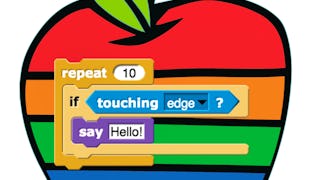 Status: Free TrialFree TrialU
Status: Free TrialFree TrialUUniversity of California San Diego
Skills you'll gain: Algorithms, Programming Principles, Computational Thinking, Program Development, Code Review, Software Documentation, Debugging, Technical Communication
Beginner · Course · 1 - 4 Weeks
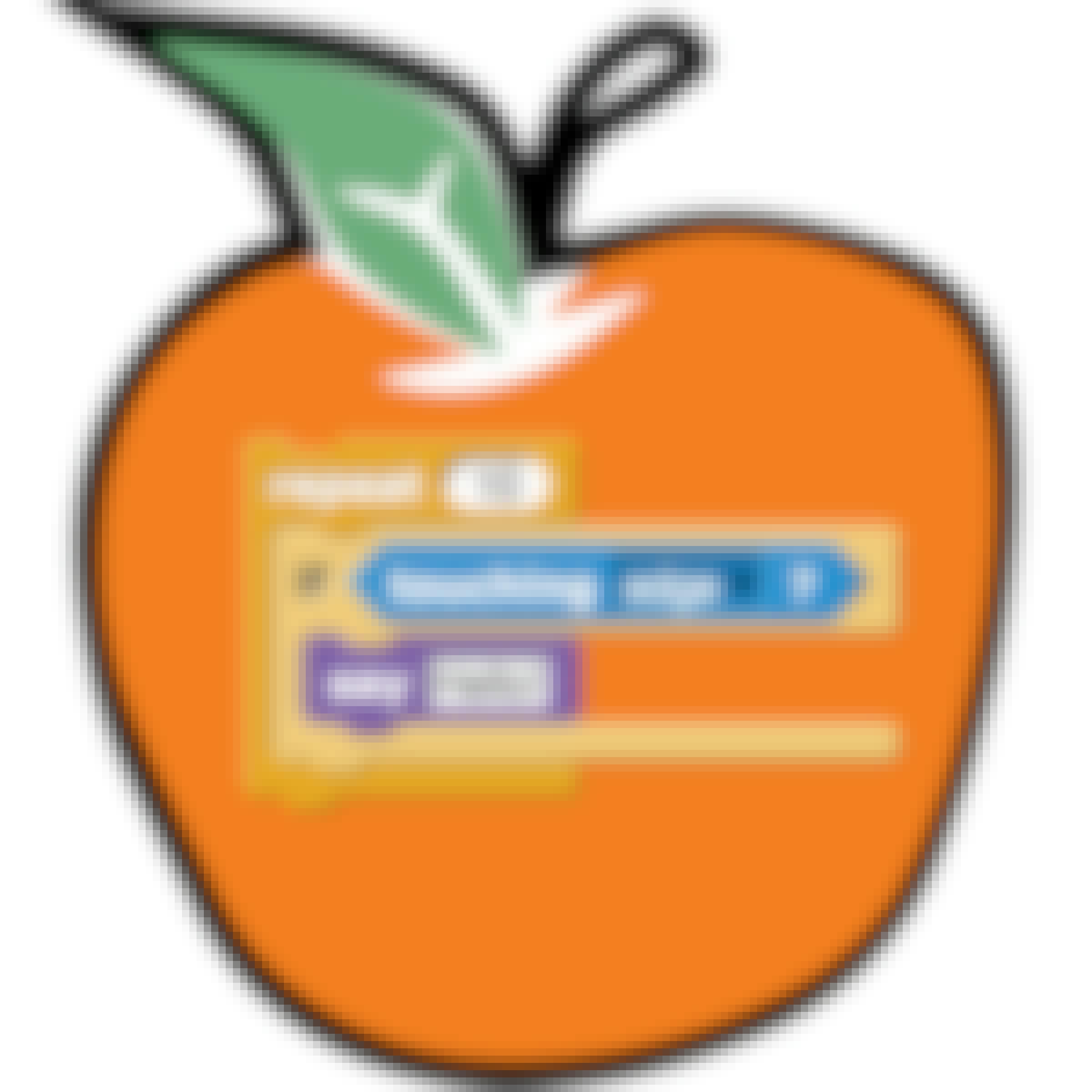 Status: Free TrialFree TrialU
Status: Free TrialFree TrialUUniversity of California San Diego
Skills you'll gain: Debugging, Computational Thinking, Student Engagement, Event-Driven Programming, Programming Principles, Program Development, Animation and Game Design, Computer Programming, Object Oriented Design, Algorithms, Brainstorming
4.8·Rating, 4.8 out of 5 stars8 reviewsBeginner · Course · 1 - 3 Months
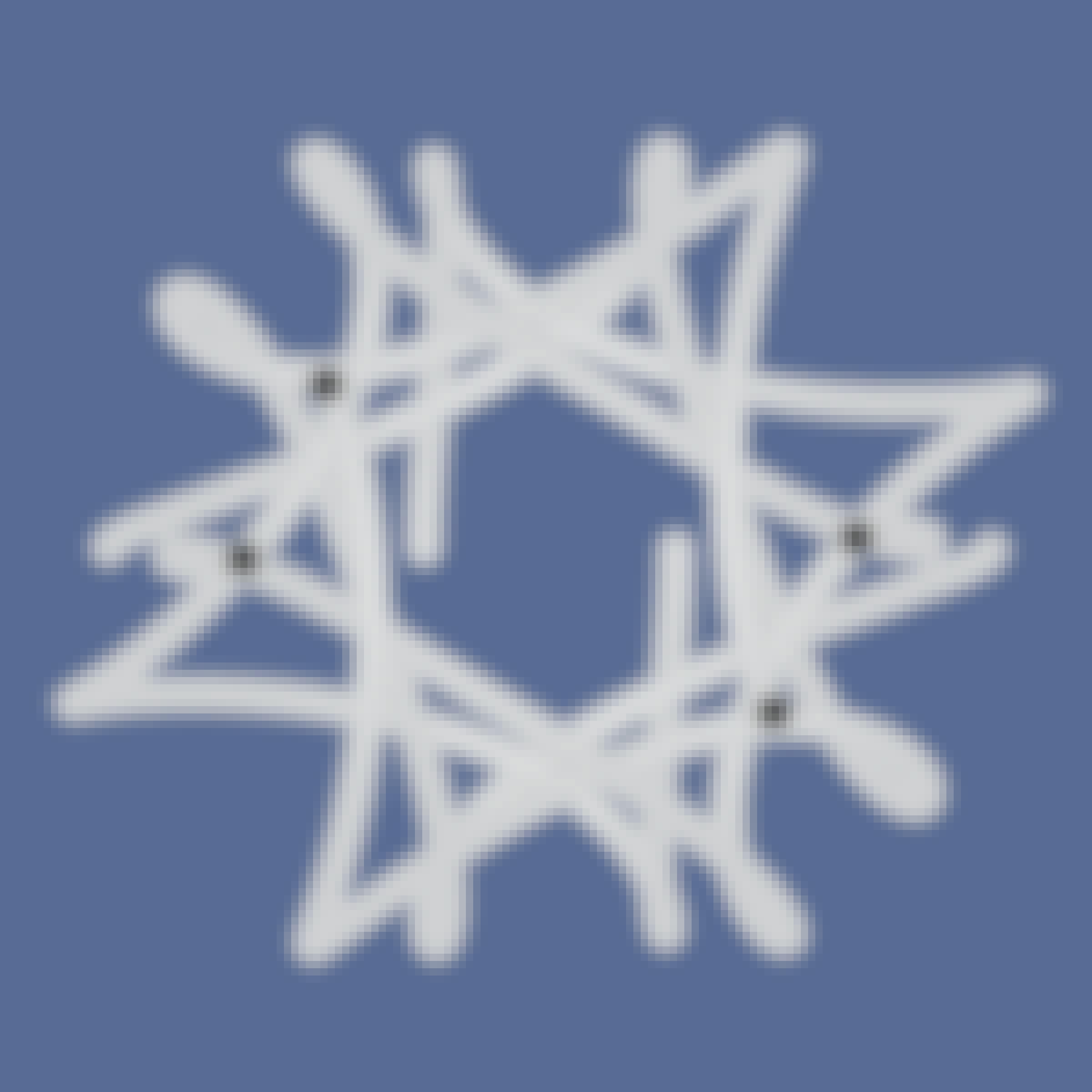 Status: FreeFreeP
Status: FreeFreePPrinceton University
Skills you'll gain: Theoretical Computer Science, Data Structures, Computer Science, Computer Architecture, Algorithms, Programming Principles, Computational Logic, Computational Thinking, Java Programming, Computer Hardware
4.7·Rating, 4.7 out of 5 stars735 reviewsIntermediate · Course · 1 - 3 Months
 Status: Free TrialFree TrialS
Status: Free TrialFree TrialSStanford University
Skills you'll gain: Data Structures, Graph Theory, Algorithms, Bioinformatics, Theoretical Computer Science, Social Network Analysis, Network Analysis, Computational Thinking, Analysis, Probability & Statistics, Network Routing, Probability, Pseudocode, Computational Logic, Operations Research
4.8·Rating, 4.8 out of 5 stars6K reviewsIntermediate · Specialization · 3 - 6 Months
 Status: Free TrialFree TrialU
Status: Free TrialFree TrialUUniversity of Michigan
Skills you'll gain: Object Oriented Programming (OOP), Animation and Game Design, Interactive Data Visualization, Software Design, Technical Design, Data Structures, Visualization (Computer Graphics), Interactive Design, Programming Principles, Graphic and Visual Design, Python Programming, Generative AI, Simulations, Computer Graphics, Design, Computational Logic, Computer Programming, Creative Design, Data Import/Export, Computational Thinking
5·Rating, 5 out of 5 stars6 reviewsBeginner · Specialization · 3 - 6 Months
 Status: Free TrialFree TrialT
Status: Free TrialFree TrialTThe Hong Kong University of Science and Technology
Skills you'll gain: Differential Equations, Linear Algebra, Matlab, Engineering Calculations, Engineering Analysis, Numerical Analysis, Finite Element Methods, Integral Calculus, Mathematical Software, Mechanical Engineering, Calculus, Algebra, Applied Mathematics, Mathematical Modeling, Engineering, Simulation and Simulation Software, Advanced Mathematics, Geometry, Computational Thinking, Estimation
4.8·Rating, 4.8 out of 5 stars7.6K reviewsBeginner · Specialization · 3 - 6 Months
 Status: PreviewPreviewS
Status: PreviewPreviewSStanford University
Skills you'll gain: Logical Reasoning, Computational Logic, Deductive Reasoning, Computational Thinking, Problem Solving, Business Logic, Complex Problem Solving, Decision Making
4.4·Rating, 4.4 out of 5 stars654 reviewsIntermediate · Course · 1 - 3 Months
Most popular
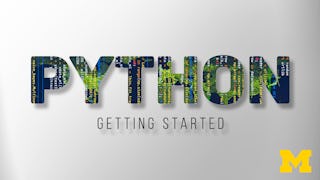 Status: Free TrialFree TrialU
Status: Free TrialFree TrialUUniversity of Michigan
Course
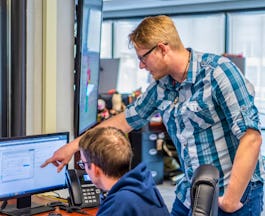 Status: Free TrialFree TrialG
Status: Free TrialFree TrialGGoogle
Course
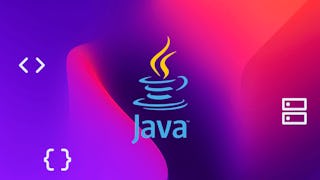 Status: Free TrialFree TrialD
Status: Free TrialFree TrialDDuke University
Specialization
 Status: Free TrialFree TrialD
Status: Free TrialFree TrialDDuke University
Course
Trending now
 Status: Free TrialFree TrialU
Status: Free TrialFree TrialUUniversity of Michigan
Course
 Status: Free TrialFree TrialG
Status: Free TrialFree TrialGGoogle
Course
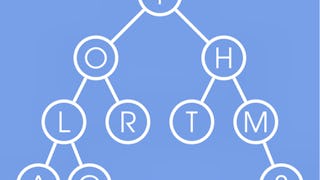 Status: Free TrialFree TrialU
Status: Free TrialFree TrialUUniversity of California San Diego
Specialization
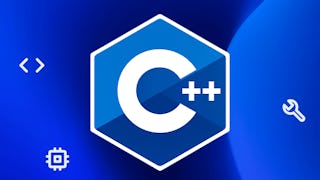 Status: Free TrialFree TrialU
Status: Free TrialFree TrialUUniversity of California, Santa Cruz
Specialization
New releases
 Status: Free TrialFree Trial
Status: Free TrialFree TrialSpecialization
 Status: Free TrialFree Trial
Status: Free TrialFree TrialCourse
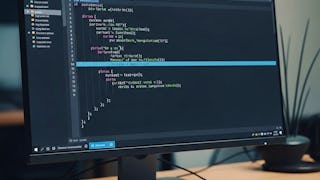 Status: Free TrialFree Trial
Status: Free TrialFree TrialCourse
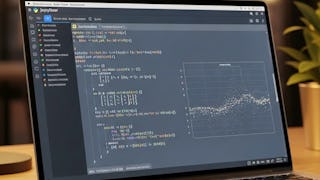 Status: Free TrialFree Trial
Status: Free TrialFree TrialCourse







